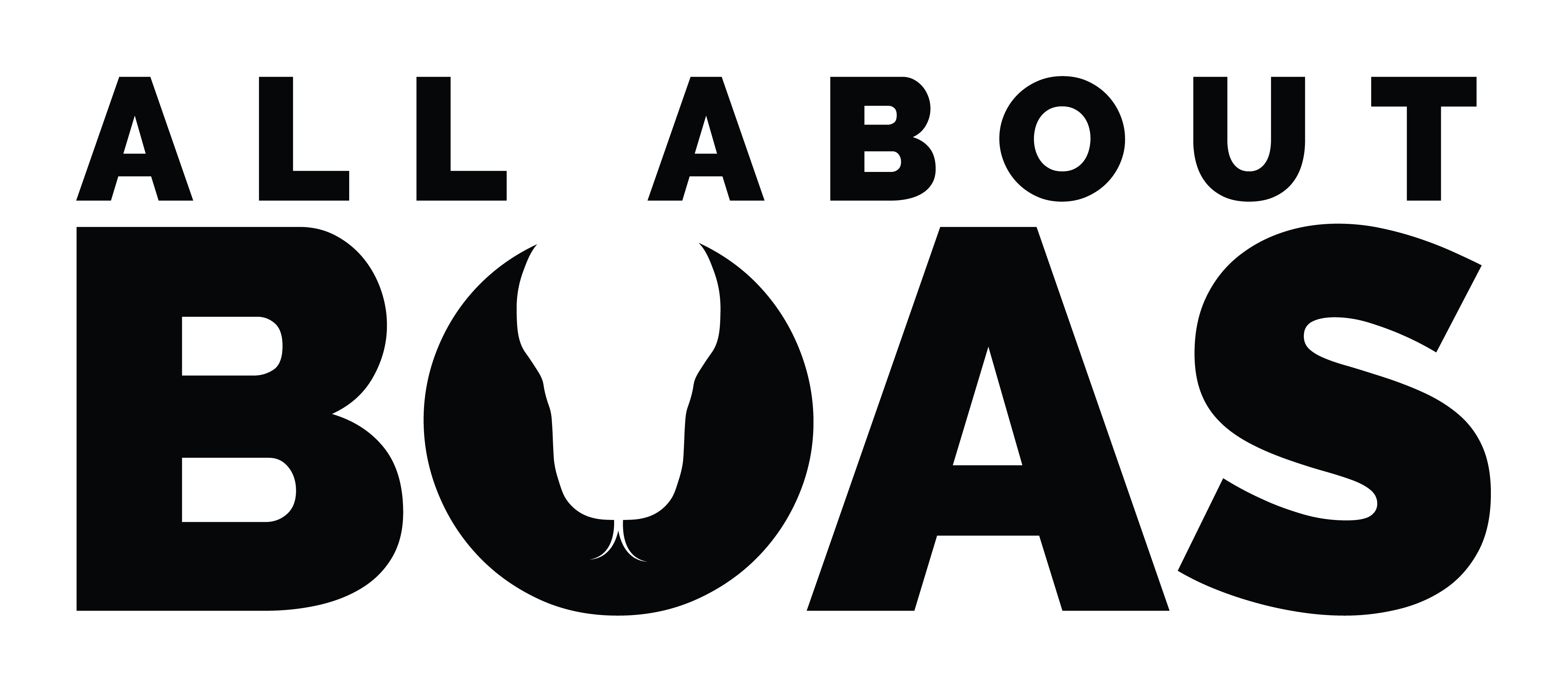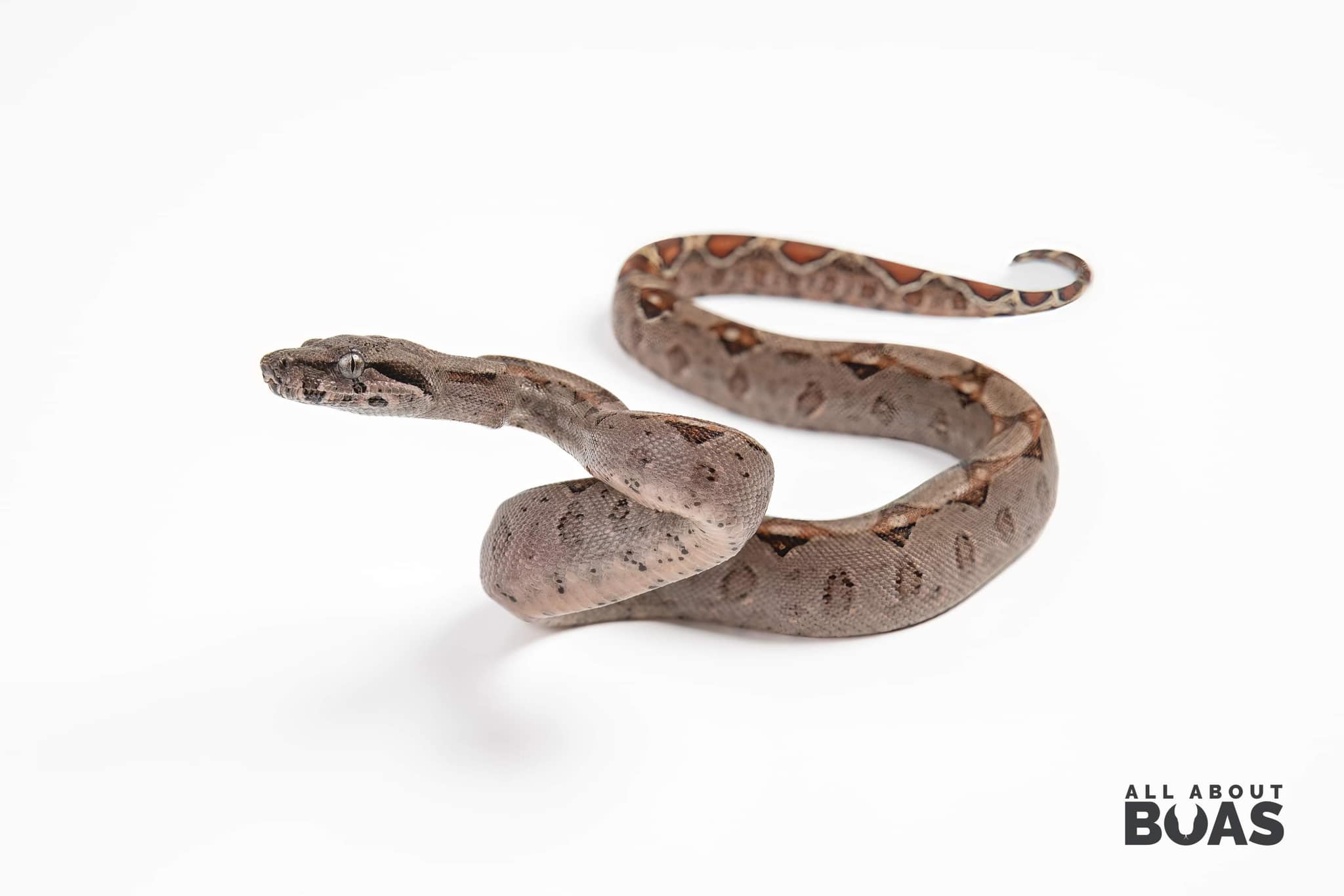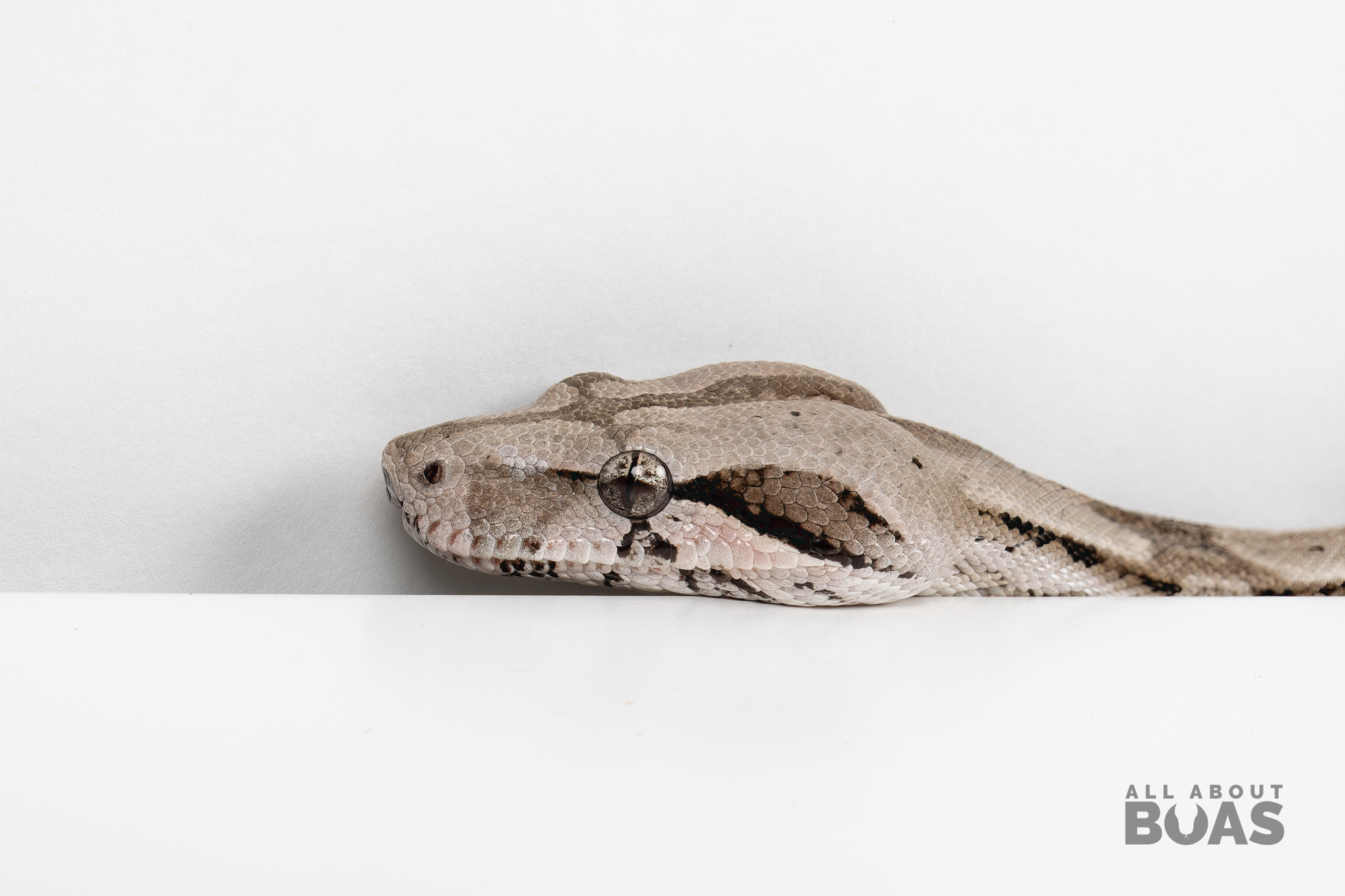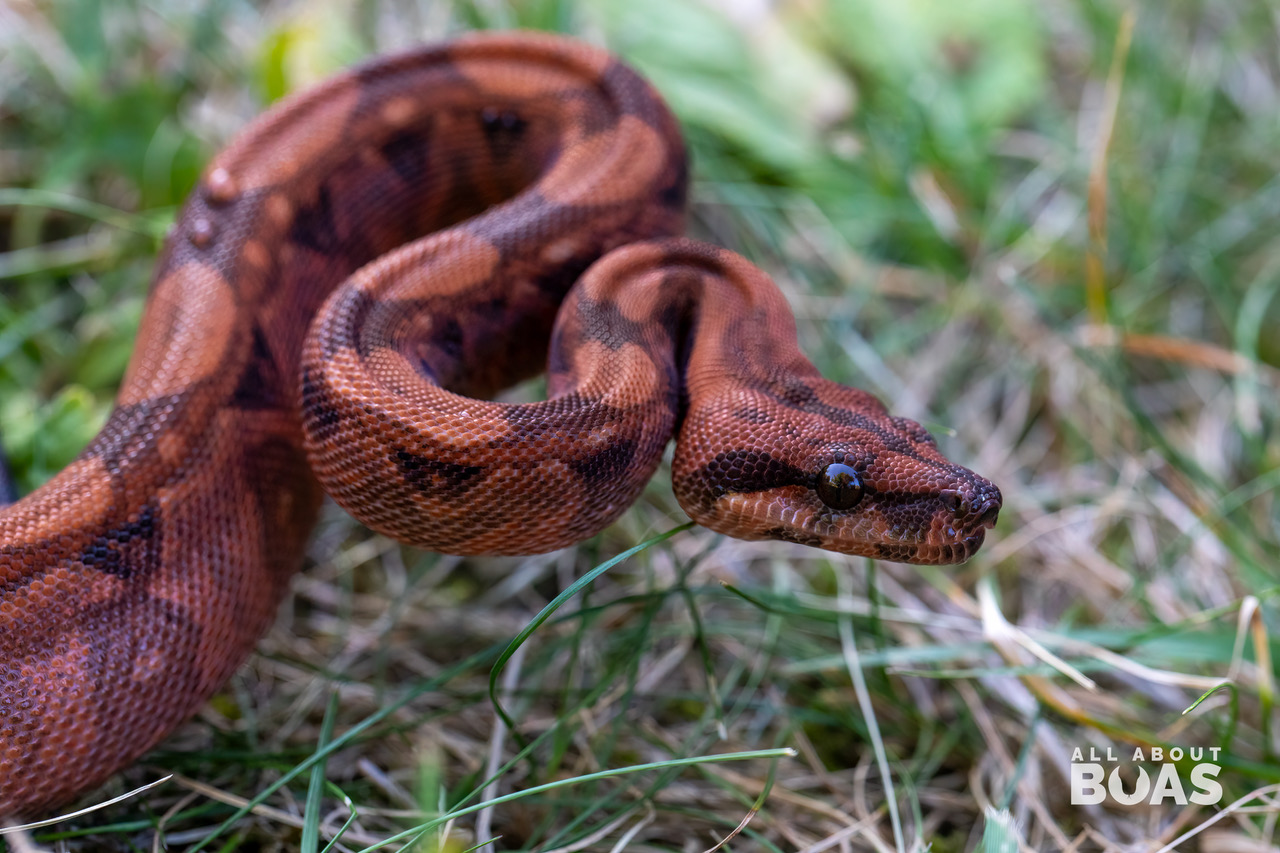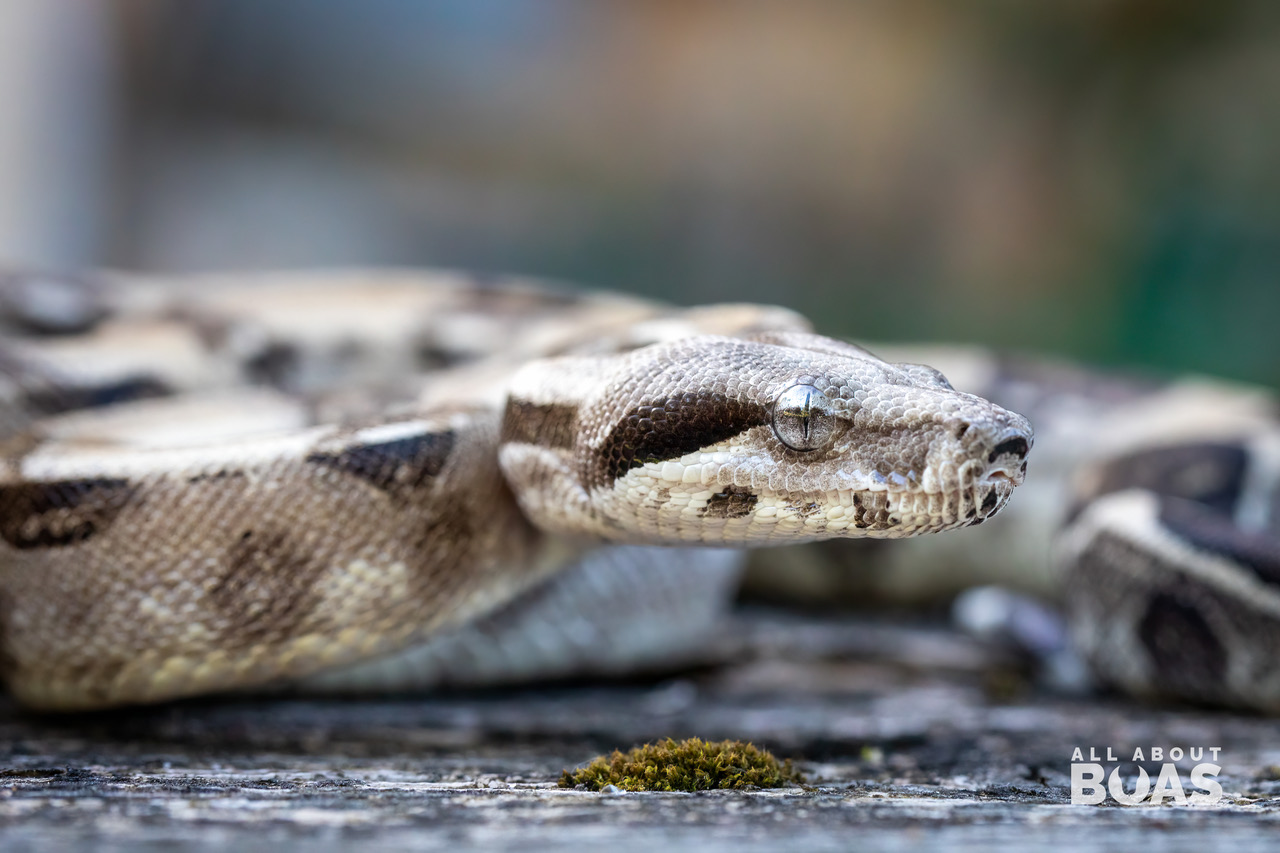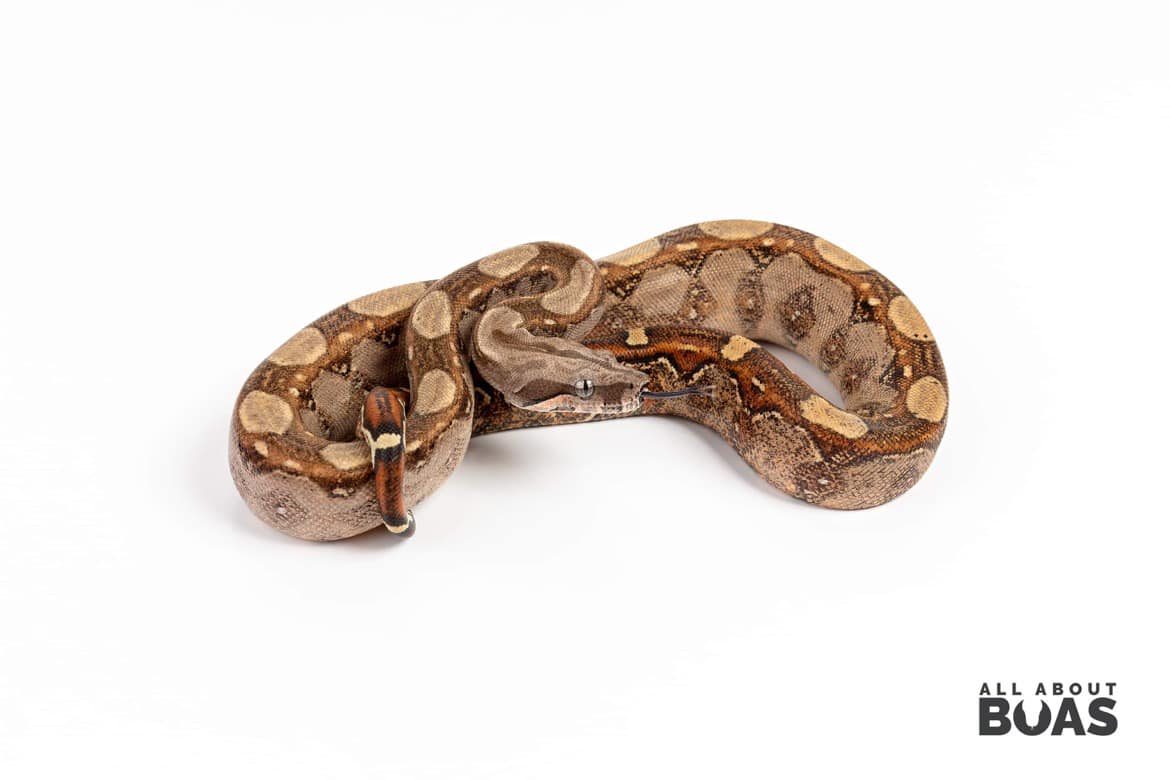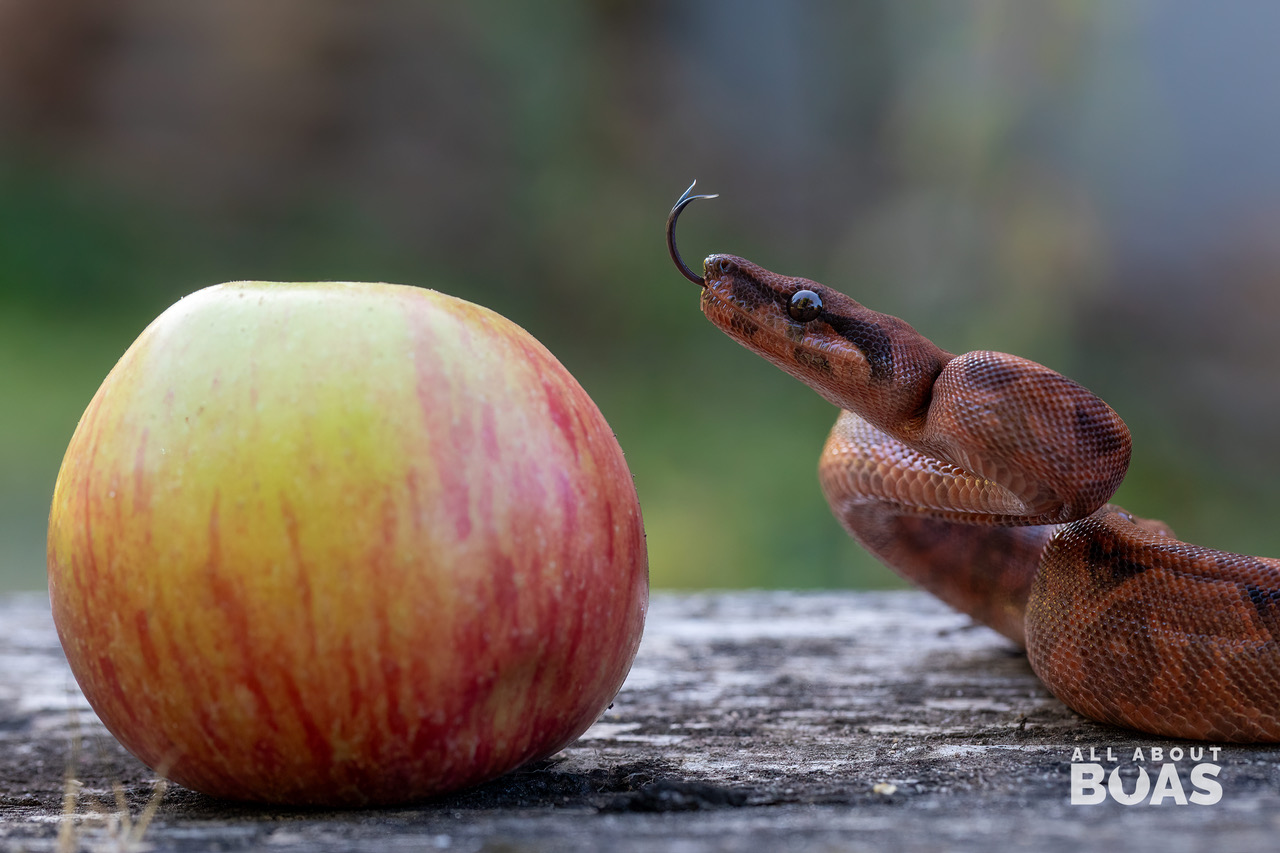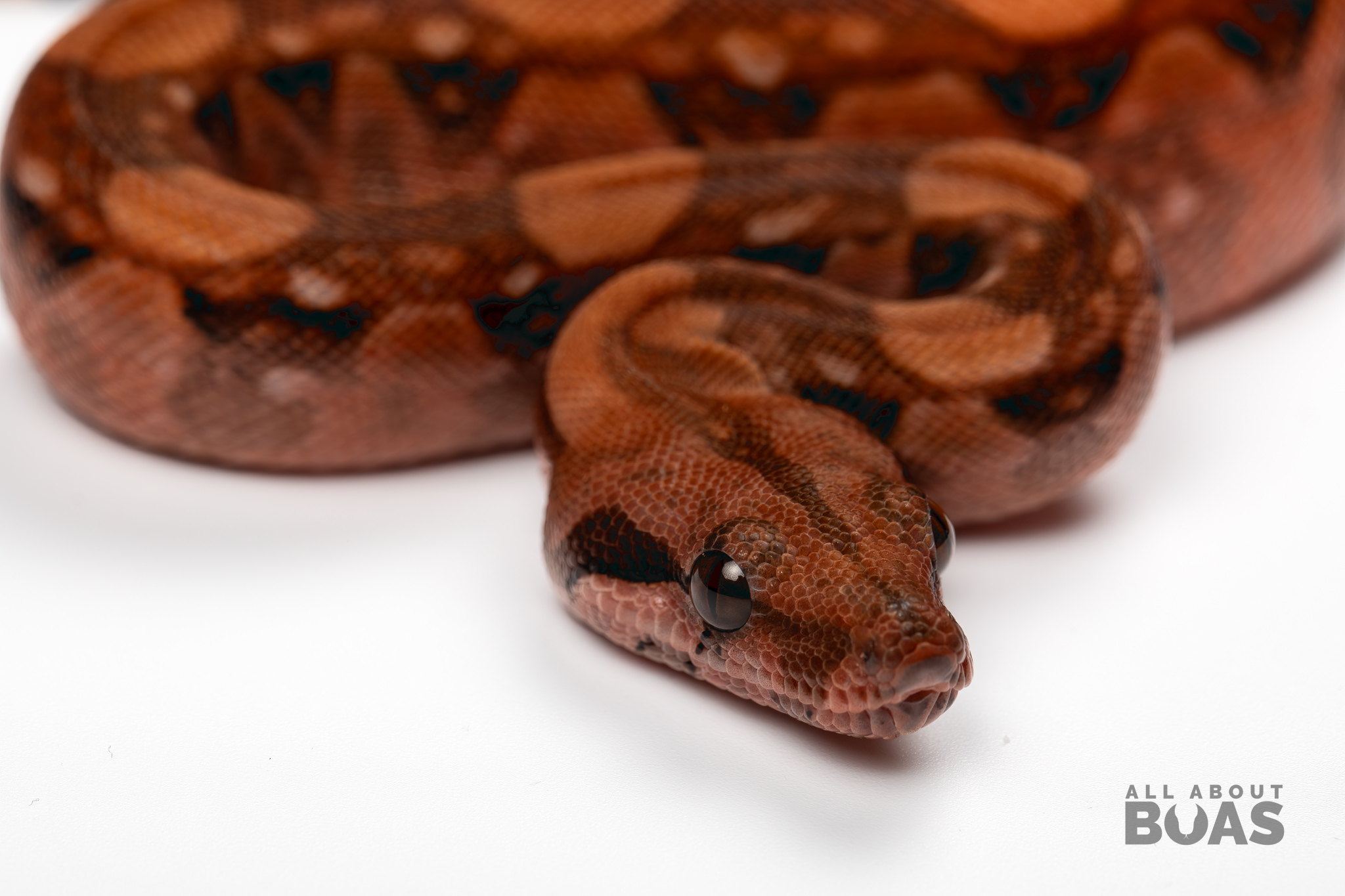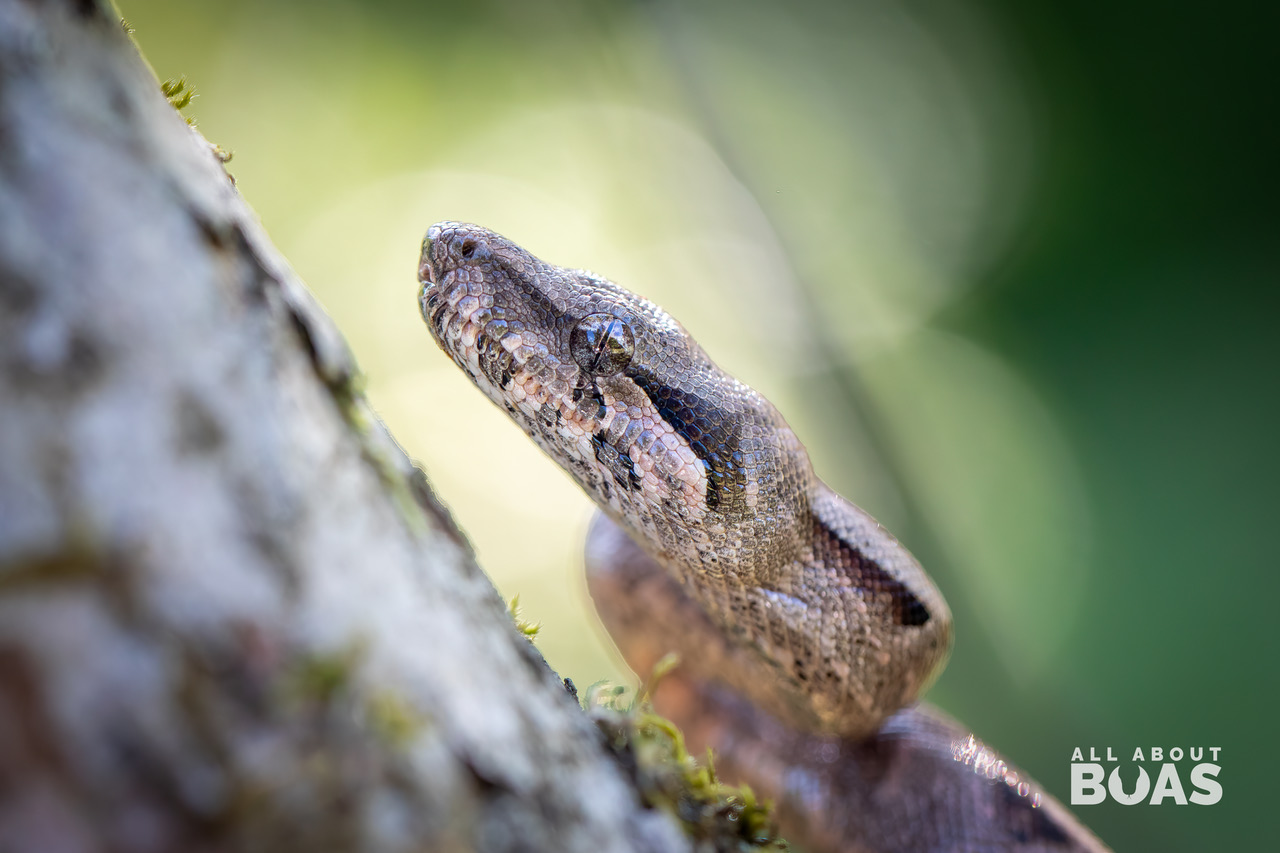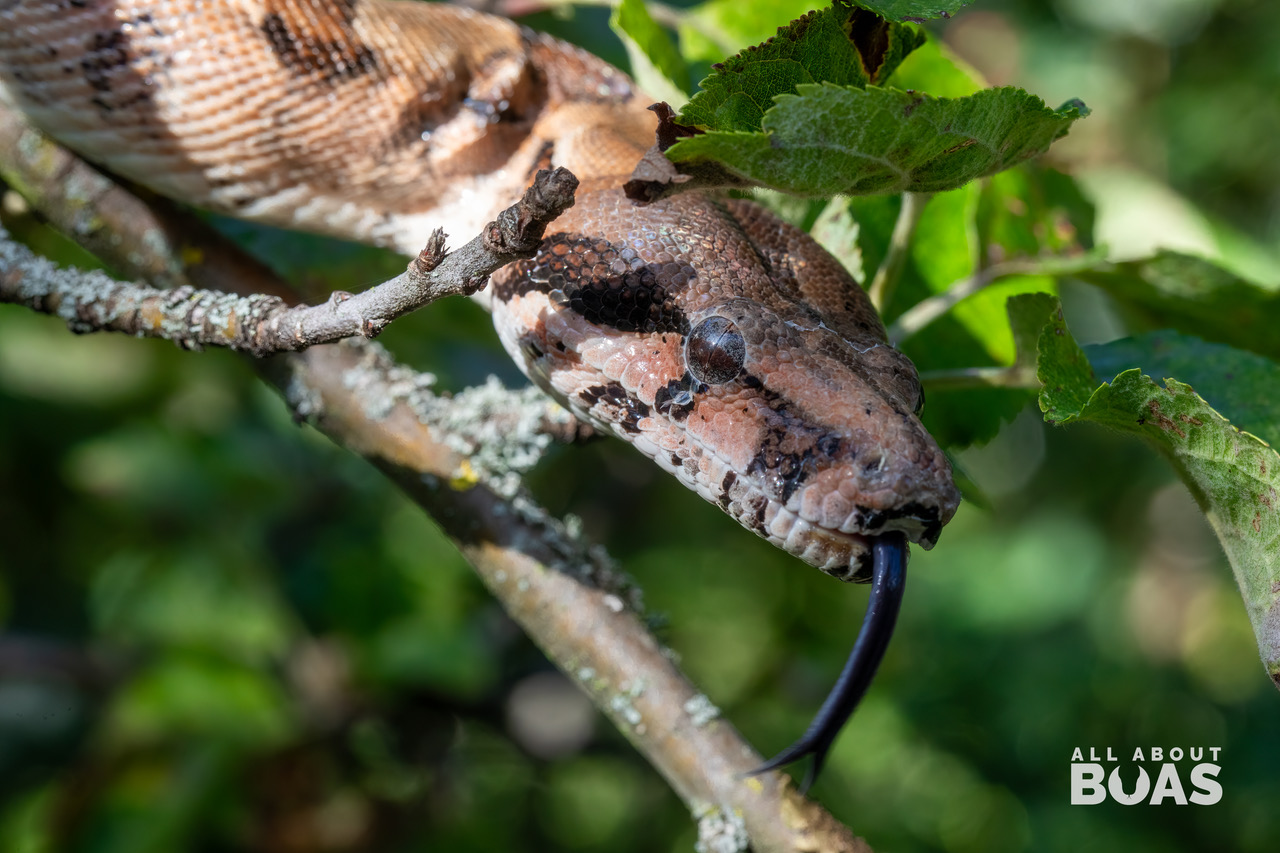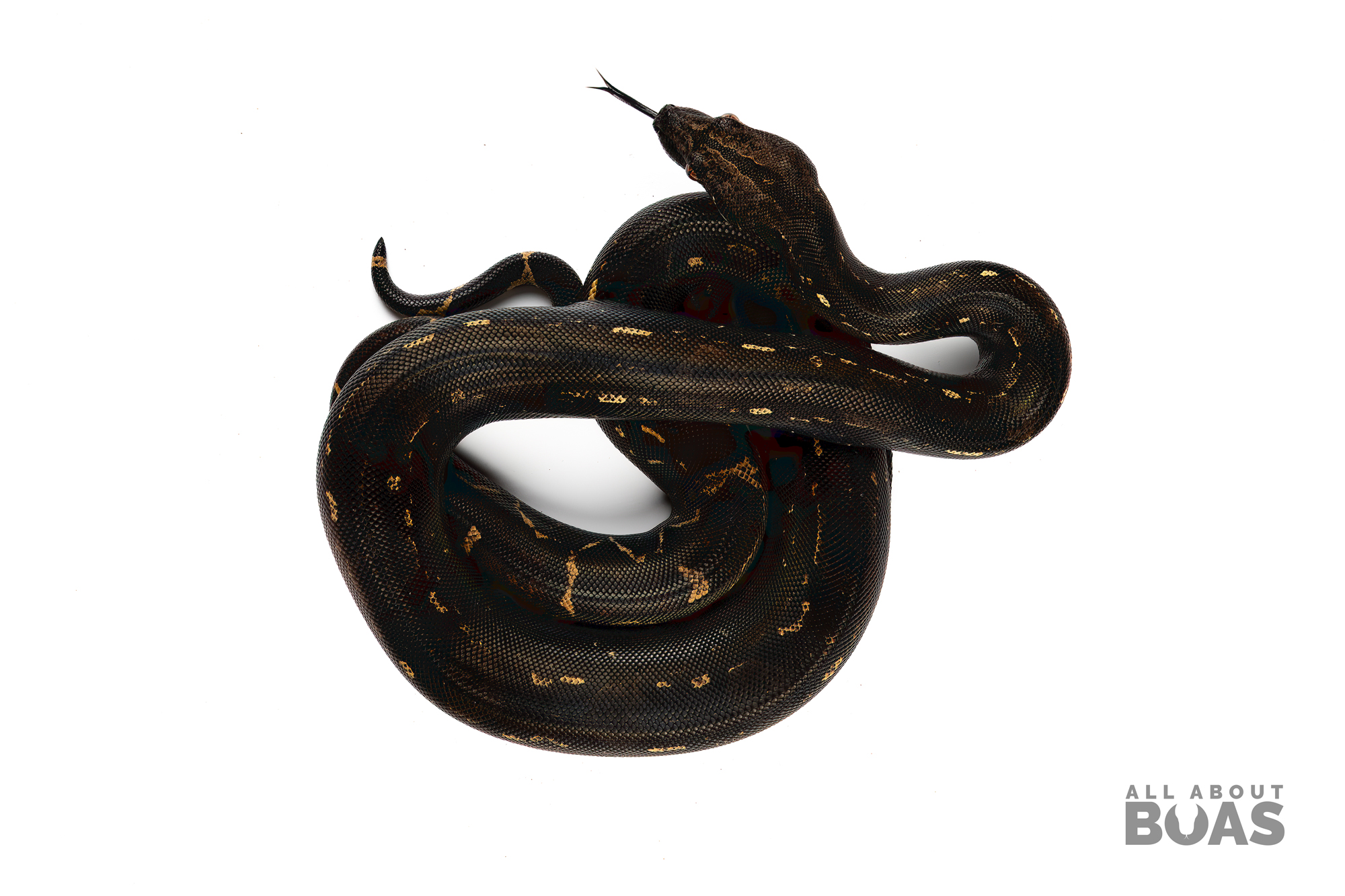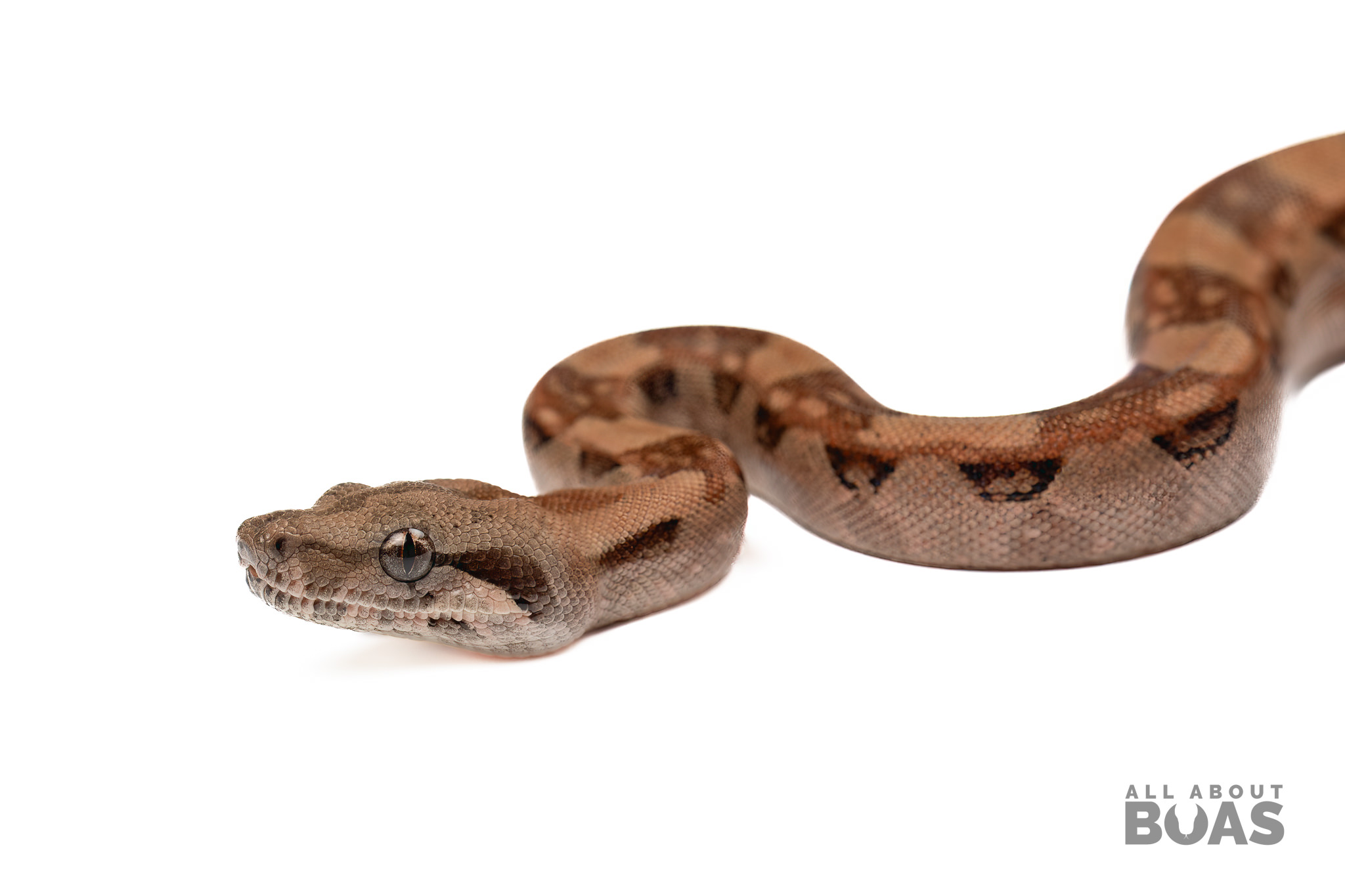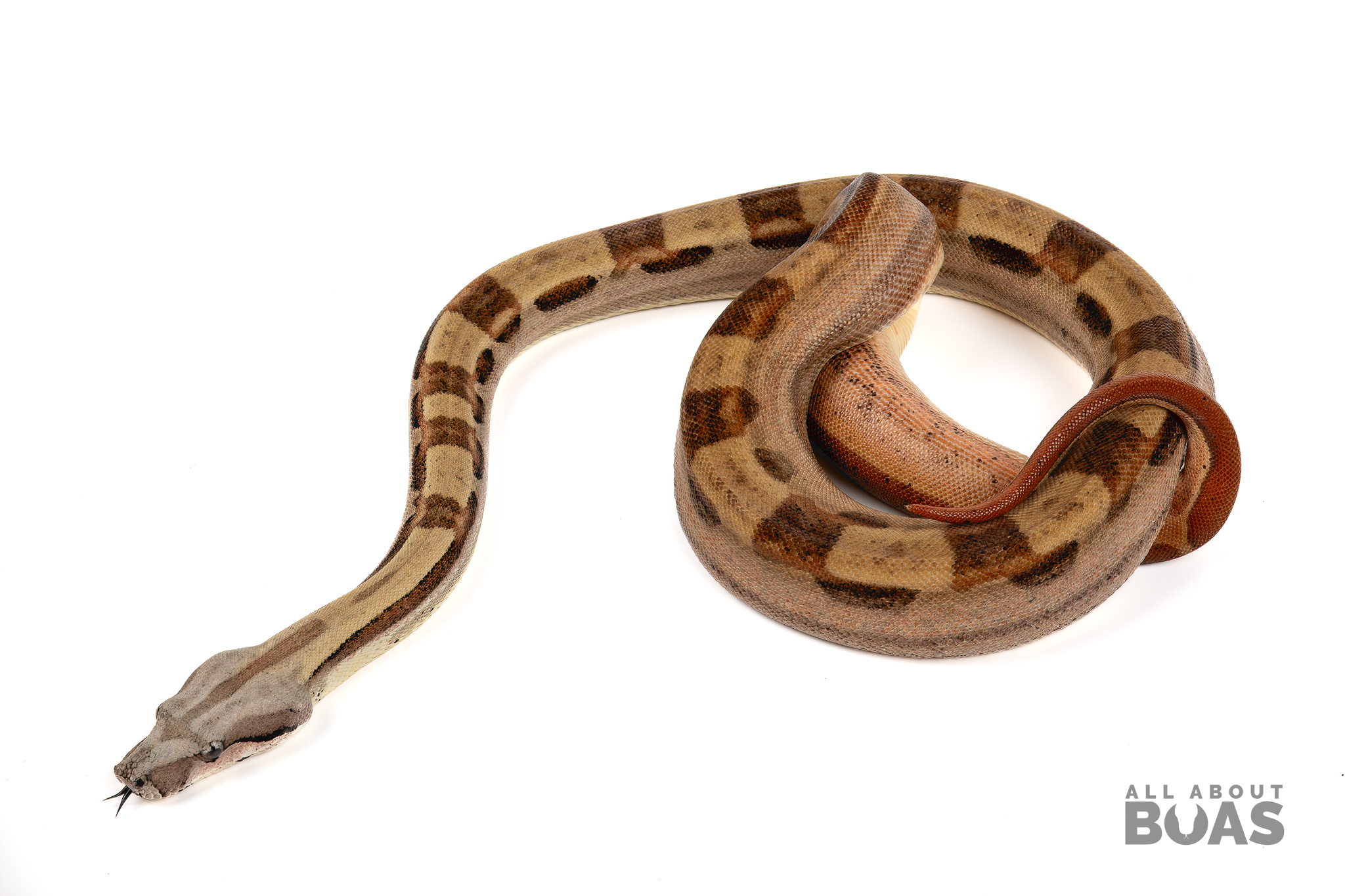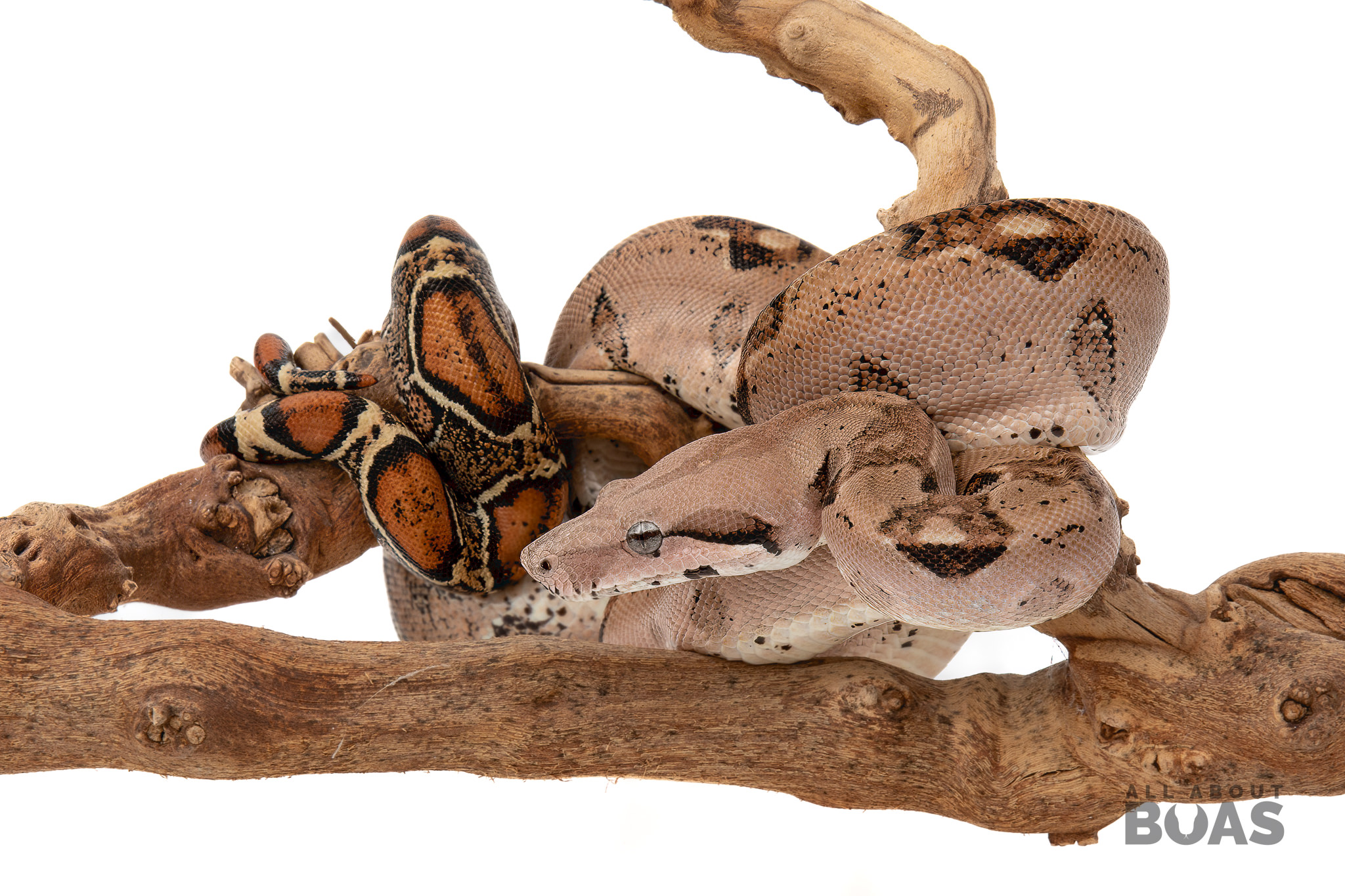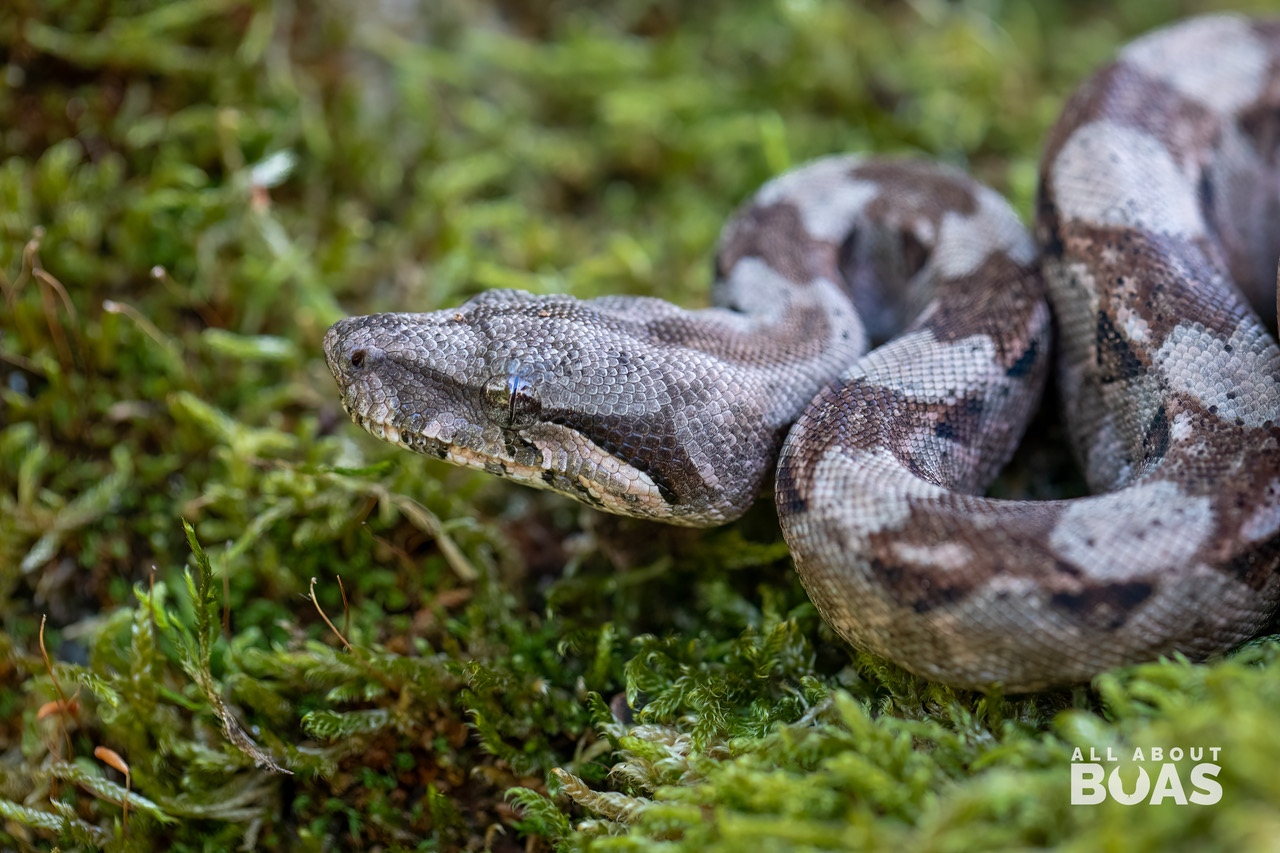
Boa constrictors, with their captivating presence and unique characteristics, make fascinating pets for reptile enthusiasts. To ensure these magnificent creatures thrive in captivity, it is crucial for boa owners to be aware of their health needs and common diseases that can affect them. This knowledge empowers caregivers to provide appropriate care and seek prompt medical attention when necessary.
Proper Husbandry: The Foundation of Good Health
Maintaining optimal husbandry conditions is paramount for boa constrictor health. Adequate enclosure size, controlled temperature and humidity levels, clean water, and a balanced diet contribute significantly to their overall well-being. Boas, like all reptiles, are ectothermic, relying on external sources to regulate their body temperature. Incorrect temperatures can lead to various health issues, including respiratory infections and digestive problems.
Common Health Issues in Boa Constrictors
-
Respiratory Infections: Respiratory issues often stem from inadequate environmental conditions, such as low temperatures or high humidity. Symptoms include wheezing, nasal discharge, and labored breathing. Proper enclosure ventilation and maintaining optimal temperature and humidity levels are essential preventive measures.
-
Mouth Rot (Stomatitis): Mouth rot is a bacterial infection affecting the oral cavity. Boas with mouth rot may exhibit swollen, inflamed gums and have difficulty eating. Maintaining a clean enclosure, providing fresh water, and ensuring proper nutrition can reduce the risk of stomatitis.
-
Internal Parasites: Boa constrictors are susceptible to internal parasites like worms and protozoa. These parasites can cause weight loss, lethargy, and gastrointestinal issues. Regular fecal examinations by a qualified reptile veterinarian can help detect and treat internal parasites effectively.
-
Scale Rot: Scale rot is a bacterial infection that affects the scales, causing them to become discolored and, in severe cases, slough off. Poor hygiene and excessive humidity can contribute to this condition. Maintaining a clean and dry enclosure is crucial in preventing scale rot.
-
Inclusion Body Disease (IBD): IBD is a viral disease specific to boas and pythons. It is a severe, often fatal condition that affects the central nervous system. Symptoms include neurological abnormalities, difficulty coordinating movements, and regurgitation. Unfortunately, there is no cure for IBD, emphasizing the importance of acquiring boas from reputable breeders to minimize the risk of exposure.
-
External Parasites: Boas can be afflicted by external parasites like mites and ticks. These tiny pests can cause irritation, stress, and, in severe cases, anemia. Regularly inspecting and cleaning the enclosure, as well as providing a clean environment, can prevent external parasite infestations.
Vigilance and Preventive Care
Regular health check-ups with a qualified reptile veterinarian are essential for boa constrictors. Experienced veterinarians can detect subtle signs of illness, administer appropriate treatments, and provide valuable advice on preventive care. Additionally, boa owners should quarantine new additions to their collection to prevent the spread of diseases to existing snakes.
In conclusion, understanding boa constrictor health and common diseases is crucial for providing these magnificent creatures with a fulfilling and healthy life in captivity. By maintaining proper husbandry, being vigilant for signs of illness, and seeking timely veterinary care, boa owners can ensure their scaly companions lead long, healthy lives filled with vitality and vigor.


